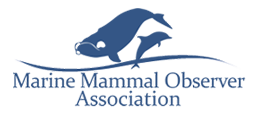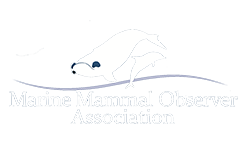In early May MMOA Committee Member Patrick Lyne attended the All Energy Exhibition in Glasgow. Prior to the exhibition Patrick presented at a workshop on low visibility detection for mitigation, organized by SMRU Consulting with representatives from Gardline, PGS and Fugro as well as the presenters. Presentations were heard from Phil Johnston (Seiche) on Infra Red systems, Remote PAM and using linked PAM systems on wide azimuth surveys as well as unmanned surface vehicles. Patrick (IWDG/MMOA) discussed soft start, the mitigation gun as well as PAM and Infra Red systems, Philippe Hubert (Prove Systems) covered underwater Infra Red, and Richard Adams (CodaOctopus) discussed multi-beam use for detection.Following presentations an information gathering session began where all known low visibility monitoring methods were listed along with suppliers. How these systems might be evaluated for detection and mitigation was also discussed. The eventual aim is to report and publish a paper by the autumn of 2016 on Low Visibility Detection Methods and their viability for oil and gas mitigation.
News
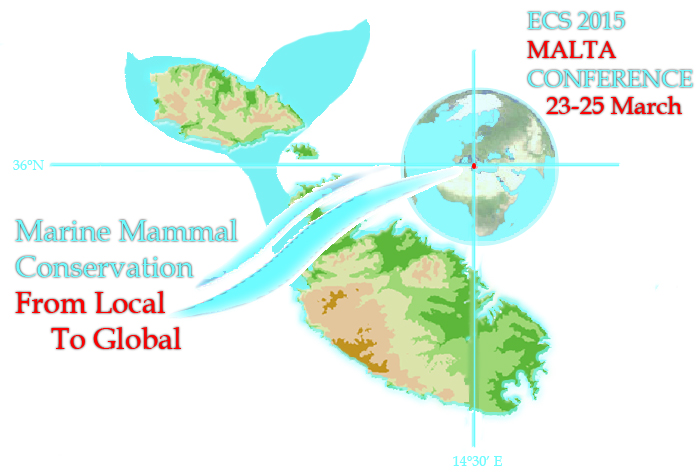
In March the MMOA co-hosted a workshop at the 29th European Cetacean Society Conference in Malta, alongside Dr. Andrew Wright and New Zealand's Department of Conservation to discuss new mitigation technologies and current acoustic exposure guidelines.
The workshop proved a great success with over 50 delegates. Representatives from nearly every marine mammal mitigation stakeholder group were present, including the oil and gas sector, the Joint Industry Program, E & P Sound and Marine Life Program, government agencies and regulators, MMO and PAM Operator agencies, MMO and PAM Operators themselves, marine mammal scientists, acousticians, and NGOs. Many delegates flew to Malta solely to attend our workshop. To gather such an array of interested groups is a rare feat, but highlights the interest and importance of improving marine mammal mitigation efforts around the world.
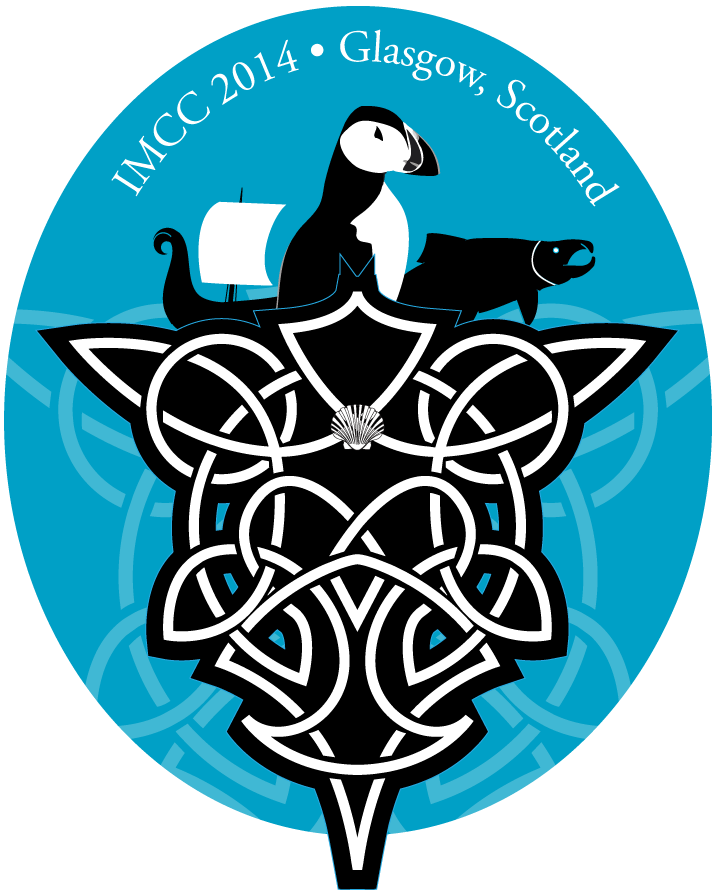
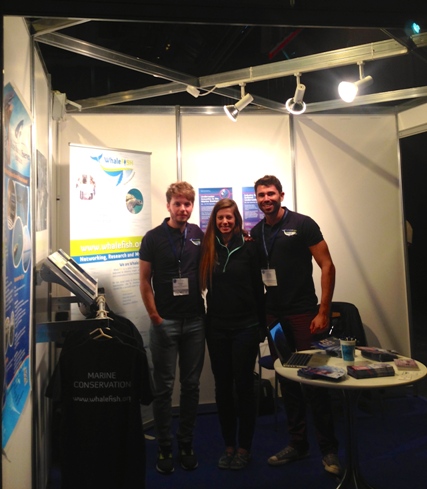
Members of the Whalefish Team attended and exhibited for the MMOA in August 2014 at the 3rd International Marine Conservation Congress, Making Marine Science Matter, Scottish Exhibition & Conference Centre, Glasgow, Scotland, UK.
The overall theme of the congress was Making Marine Science Matter. For marine conservation to be effective, marine conservation science must matter to stakeholders, policy makers, and practitioners. To accomplish this, the congress was organised around specific topics of interest for marine conservation in general, as well as the local area.
(*Original article published in the Marine Mammal Research Unit's Newsletter, February 2014)
Frances Robertson completed her PhD in the Marine Mammal Research Unit at the University of British Columbia, Vancouver, Canada in July 2014, where she studied the behavioral responses of bowhead whales to seismic survey operations.
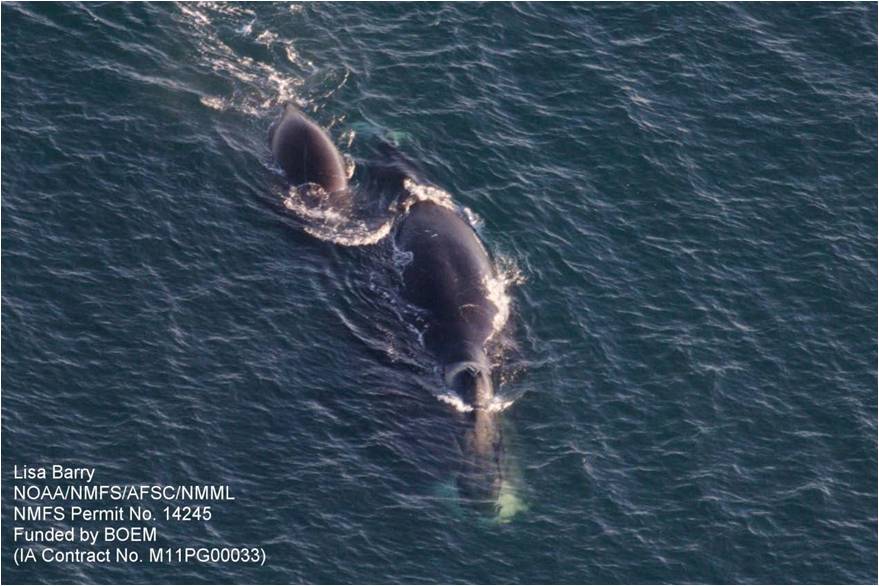 Bowhead whales are increasingly coming into contact with human activities in the Arctic, such as the oil and gas industry which directs low-frequency sounds into the environment as part of their seismic (acoustic) surveys to discover hydrocarbon deposits. But, bowhead whales are also low-frequency specialists and are therefore thought to be sensitive to these industrial seismic sounds.
Bowhead whales are increasingly coming into contact with human activities in the Arctic, such as the oil and gas industry which directs low-frequency sounds into the environment as part of their seismic (acoustic) surveys to discover hydrocarbon deposits. But, bowhead whales are also low-frequency specialists and are therefore thought to be sensitive to these industrial seismic sounds.
One of the key ways that scientists and resource managers quantify and limit the exposure of whales to industrial activities is to count the number of individuals in the affected area. However, counting whales is no easy task. Whales are hard to spot because they are spread over very large areas and only come to the surface for short periods to breathe. Surveys for bowhead whales may be done by flying over the study area while observers scan the sea’s surface noting the number, activity, heading, and location for each whale sighted. These sightings are used to estimate the numbers of whales that are present.
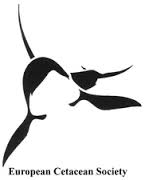 This year’s ECS conference was held in Belgium where a key area of interest was on the impact of anthropogenic noise in the marine environment. This topic attracted many MMOs to attend the conference. Prior to the conference a series of workshops of specialized subjects were also held. Two of these workshops were of particular interest to the MMOA, including a full day’s workshop on the impact of anthropogenic noise on marine mammals and a workshop on conservation issues for marine mammals in South America.
This year’s ECS conference was held in Belgium where a key area of interest was on the impact of anthropogenic noise in the marine environment. This topic attracted many MMOs to attend the conference. Prior to the conference a series of workshops of specialized subjects were also held. Two of these workshops were of particular interest to the MMOA, including a full day’s workshop on the impact of anthropogenic noise on marine mammals and a workshop on conservation issues for marine mammals in South America.
The aim of the anthropogenic noise workshop was to develop accurate and scientific based advice for regulators. During the workshop, specialists like Peter Tyack, Roger Gentry, Michel Andre and Peter Evans presented some of their work, which resulted in an interesting debate on (Temporary Threshold Shift (TTS) and Permanent Threshold Shift (PTS) levels as they become increasingly species dependent. Overall, many issues worth considering were raised –final results of the discussions will be published in the near future.
More Articles …
- 20th Biennial Conference on Marine Mammals; Part 2.
- Getting to grips with PAMGuard: MMOA members attend the new advanced PAMGuard course.
- Trinidad and Tobago to develop marine mammal mitigation measures
- 20TH BIENNIAL CONFERENCE ON MARINE MAMMALS; PART 1
- NOAA FISHERIES LAUNCHES SOUTHEAST MARINE MAMMAL SMART PHONE APPS
- MFS PUBLISHES NEW RECOMMENDATIONS FOR IMPROVING PROTECTED SPECIES OBSERVER (PSO) STANDARDS IN THE UNITED STATES
- MMOA at “The Effects of Noise on Aquatic Life” Conference. Budapest, August 2013.
- Marine Mammal Mitigation and Surveys in the Arctic
Page 8 of 10
